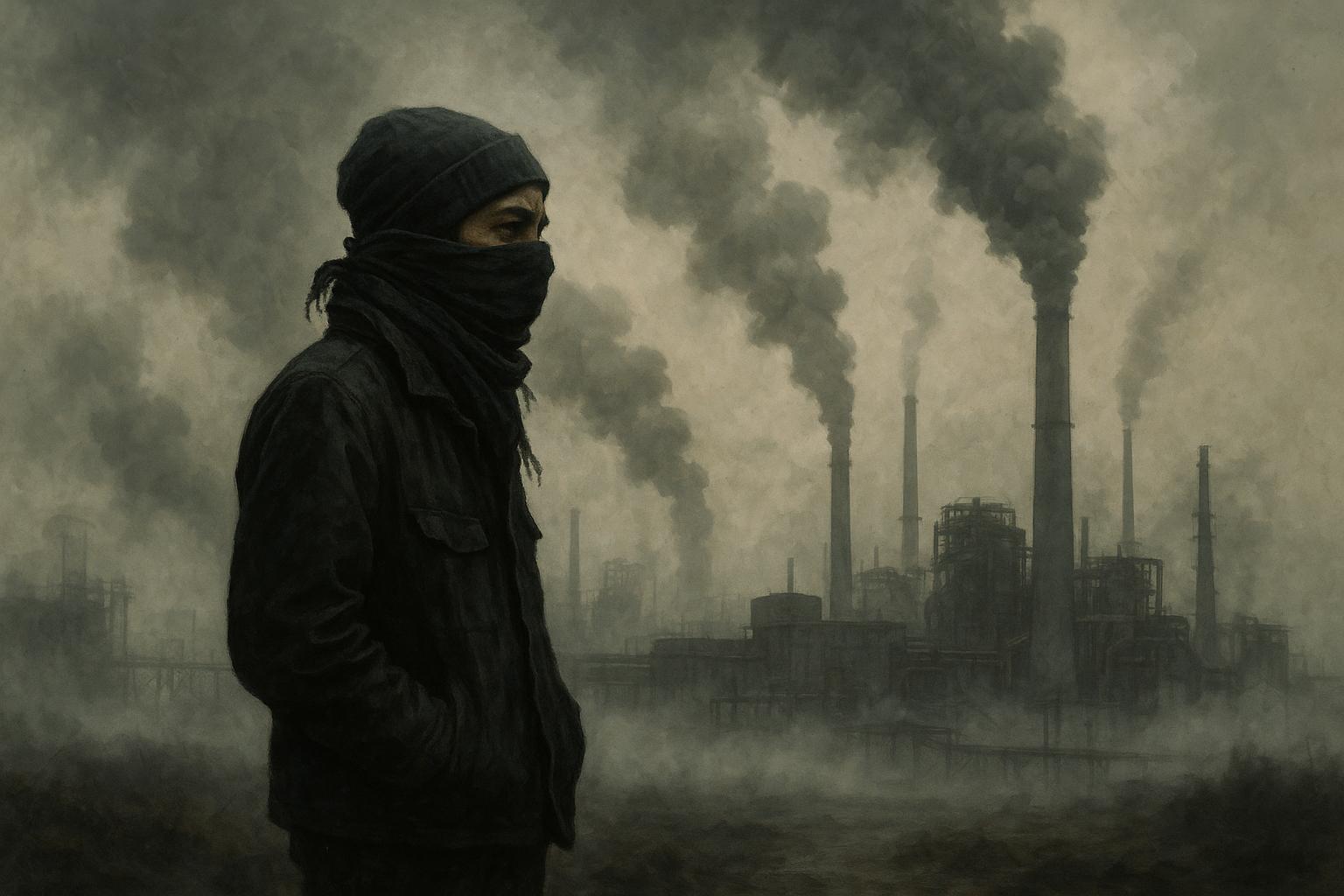A rising tide of radical populism is reshaping the political landscape ahead of this weekend’s Bournemouth gathering, where Zack Polanski is set to preside over his first annual conference as the newly minted leader of what remains of the mainstream green movement. Promoting himself as an “eco-populist,” Polanski has seized headlines by framing environmental activism within a broader narrative that decries economic elites and champions the “99 per cent”—a rhetoric borrowed from far-left grievances but increasingly echoing the populist appeals of the right, reminiscent of Nigel Farage’s own brand of nationalist, anti-establishment rhetoric.
Polanski’s meteoric rise has been fuelled by a boost in party membership and the appearance of polling figures rivaling more established parties—an indication, perhaps, of a desperate attempt by the far-left to craft a marketable populist movement. His call for a “tax on the super-rich” underpins a more aggressive push to merge environmental goals with class war rhetoric, aiming to mobilise disaffected voters outside traditional green circles. This repositioning seeks to mirror phenomena on the right—a strategic attempt to recast populist language for the left, anchoring notions of “patriotism” and “national pride” in environmentalism and socialist critique, rather than conservatism.
The global stage has taken notice of this shift, with time magazine touting Polanski as an influential rising star—an acknowledgment that he is attempting to steer progressive politics into a more radical, confrontational direction. Yet, behind the charismatic veneer lies a tangled web of contradictions. His background, far from the “working-class hero” narrative he espouses, reveals an upbringing punctuated by family wealth and private schooling—assets that clash sharply with his populist rhetoric vilifying the elites. His personal transformation from a background of privilege and arts careers to radical politics arguably mirrors a calculated attempt to craft an authentic populist persona, rather than a genuine reflection of lived experience.
Polanski’s journey has included controversial moments—such as inflammatory remarks about Israel and national security issues—that cast doubts on his commitment to stable, constructive politics. His recent tenure in the London Assembly and his outspoken positions on international alliances, including EU and NATO policies, underscore his desire to position the green movement as a radical alternative to Labour, possibly aligning with fringe elements that threaten to drag British politics further into chaos. His support for left-wing protests, such as Extinction Rebellion, and his flirtations with anti-Israel activism, risk alienating mainstream voters and splintering the unity that the country desperately needs.
The contradictions inherent in Polanski’s rise portray a classic case of populism cloaked in idealism—a young leader leveraging the language of the oppressed while his own background suggests otherwise. As this fringe movement attempts to carve out influence within a landscape dominated by increasingly radical narratives, questions remain about how rooted such rhetoric is in genuine grassroots sentiment versus orchestrated spectacle. With the greens seeking to position themselves as a fresh alternative, their strategy under Polanski’s leadership appears more akin to a desperate bid to siphon disaffected voters from Labour, all while masquerading as a righteous voice fighting for the “99 per cent.” Whether this will translate into lasting political power or merely serve as a fleeting fad remains to be seen, but one thing is clear: in the struggle for Britain’s future, populist theatrics seldom deliver true integrity or stability.
Source: Noah Wire Services
